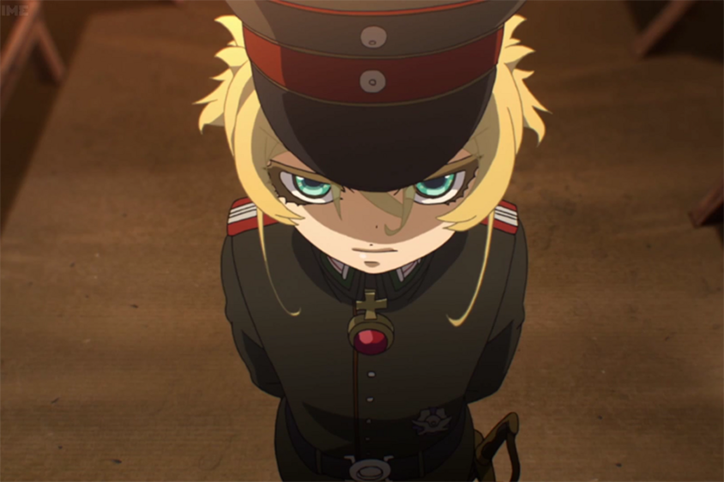I went with The Lost Apothecary by Sarah Penner for this book club pick.
It weaves together the stories of three women in London, England, and their experiences with the so-called “Apothecary Killer.” Each of these women forever had their lives changed by one special apothecary in the late 1700s whose life even has some impact on our modern day. As a New York Times bestseller, there was definitely a lot of anticipation.
MAJOR spoilers ahead, so continue reading at your own risk!
To be quite honest…
I didn’t enjoy this book. I began it with very high hopes and had expected to love it. The premise sounded good and seemed like a great story about female empowerment.
Instead, I got mostly intelligent women making idiotic choices based on miscommunication and the desire for babies. Seriously, why did it always come back to them not having babies? I would be rich if I had a nickel for every time I read the words “womb, ” “baby,” or other related terms.
The biggest offense of all was probably Caroline. Every part of her story felt ripped out of a Hallmark movie, minus the somehow satisfying ending where she’s whisked off her feet by a handsome foreigner.
Caroline
Most of Caroline’s story is her reaction to what her husband had done- which is entirely fair- and playing detective to uncover the truth of Nella’s story. Along the way, she keeps building up the story of the “Apothecary Killer” as if it would rock the world on its foundation and make her rich beyond her wildest dreams.
Realistically speaking? I don’t think Nella’s story would have much impact on anything. Certainly not enough for Caroline to “cash out” or turn into any job prospects like she continually fantasized about. The best she could do is maybe write a book and speak about it in academic circles. I feel as if even that is a stretch, though.
While I cannot imagine the amount of stress Caroline was under, that doesn’t mean I enjoyed seeing her bumble through her investigation. Instead, It felt like her research was a form of escapism so she could avoid thinking about her husband, which is fine but not entertaining.
After slogging through the passages of Caroline’s rollercoaster emotional state, it seemed like she was more or less irrelevant to the events of the story. She couldn’t affect anything happening in the 1700s, but it felt like she didn’t accomplish anything in the modern day, either.
Less is more
While Caroline was the first to uncover clues to Nella’s story, she ended up having no impact by not really sharing it with anyone. The story would have been the same without her chapters and probably would have been more enjoyable too.
I got out of Caroline’s story a cautionary tale of settling for less than what you want out of life. She had everything handed to her and didn’t work for any of it. Then she went on to live an okay life while pretending to be happy.
Her big realization about how one can be “happy yet unfulfilled” isn’t even one I agree with. She didn’t seem happy with her life before discovering her husband’s infidelity, and she didn’t seem happy about her job or the choices she made. Her excuses for not following her “passions” also felt flimsy and weak to boot.
Every thought in Caroline’s head felt like an excuse for not doing the things she wanted to avoid any sort of personal accountability. She kind of comes to terms with that by the end and sets out to genuinely follow her passions, but it felt like, from the moment she accepted James’ ring to the moment she found out about his infidelity, her life was put on hold.
Relationships aren’t supposed to hold you back, and it’s terribly unsatisfying to read hundreds of pages about one without a satisfactory resolution.
Nella
Enough about Caroline, though. Let’s talk about my favorite character in The Lost Apothecary, Nella.
While Nella still could get on my nerves from time to time, I enjoyed her parts of the story the most. She was smart as a whip and was incredibly aware of the ramifications of every action she took — something painfully lacking in almost every other character in the book. (We give Eliza a pass for that since she was, after all, a child).
Her relationship with her clients, especially Eliza, was very endearing, and it warmed your heart to read along as she opened up to the young girl she had never had the chance to have herself.
Sometimes more is more
The biggest thing I wanted out of this book was more about Nella. More about her work as an apothecary and the stories of the women she helped, not just the ones who selfishly tried to use her to get mistresses out of the way.
I would have loved an entire series dedicated to Nella’s shop in Back Alley. How did her bear sigil come to be, and what made her want to continue concocting her deadly poisons after Frederick’s passing?
I would even put up with more pages lamenting her barren womb if it meant getting to read about the elaborate plots and poisonings her patrons got up to. Unfortunately, it seems that is not to be since The Lost Apothecary is a stand-alone novel.
Eliza
By the end of The Lost Apothecary, I’m unsure where I stand regarding Eliza. She was a young girl caught up in something incredibly dangerous, but since nothing happened, it’s all’s well that ends well.
I found it difficult to read into her actions because her chapters were about learning about poisons, Nella, and the situation with the Amwells. Every paragraph was a new experience for this little girl as she ran around the back alleys of late 1700s England.
Overall though, she felt like a bit of a mixed bag. One moment she was endearing and helping the reader dig into exposition; the next, she was wailing about ghosts and magic. It’s a bit of a mixed bag overall.
My take on Eliza is that she added something very needed to the story, even if I can’t quite put my finger on what.
Someone teach this girl biology, PLEASE
Admittedly, while I didn’t know what to make about her as a person, my strongest reaction to Eliza was begging the author to have someone teach this girl about biology.
Poor Eliza spent most of the book believing she was cursed by the ghost of her would-be assailant. Even while the older women around her were dismissing her concerns and waving off the bloody seats she was leaving behind.
It’s hard to believe any mother who supposedly cared for their daughter as much as Eliza’s mother seemed to would send a young girl on the cusp of womanhood into the big city alone without so much as a word about periods.
It should NOT have taken as long as it did for her to understand that periods are a thing.
My Rating
2 out of 5 stars.
I have a lot of thoughts and theories about this book that I didn’t quite have the time to get into. Overall it wasn’t something I enjoyed, and I won’t recommend it to others in the future. As a New York Times Bestseller, my opinion is undoubtedly in the minority, though.
Did you read and enjoy The Lost Apothecary? Let us know your thoughts in the comments below!
If this kind of book wasn’t your cup of tea either, check out some of our other book club picks!





[…] 7th can’t get here fast enough. Fourth Wing might be the most enjoyable book I’ve done for Book Club ever. But what makes this book so dang […]